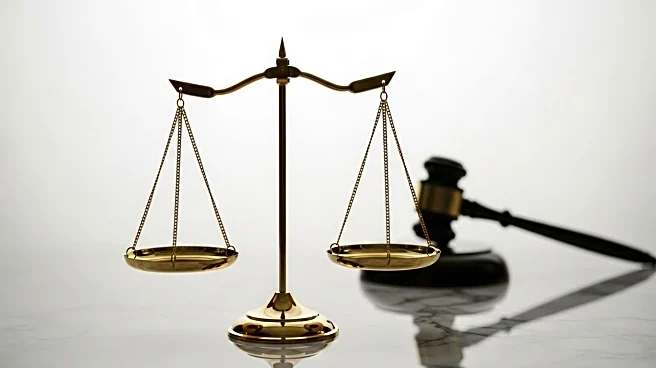What is the story about?
What's Happening?
The U.S. Equal Employment Opportunity Commission (EEOC) has regained its quorum following the confirmation of Brittany Panuccio, an assistant U.S. attorney in the Southern District of Florida. This development empowers acting Chair Andrea Lucas to implement significant changes to the EEOC's policies and enforcement priorities. Previously, the commission operated with only two members, limiting its ability to take substantive actions such as altering enforcement priorities or changing commission policies. With the quorum restored, the EEOC is expected to update its policy and enforcement guidance to align with the current administration's priorities, which include rolling back diversity, equity, and inclusion (DEI) initiatives and narrowing protections for transgender individuals under federal statutes.
Why It's Important?
The restoration of the EEOC's quorum is significant as it allows the commission to actively pursue the current administration's civil rights agenda. This includes potential modifications to existing policies on workplace harassment and the Pregnant Workers Fairness Act, as well as the development of new guidance related to DEI discrimination. The changes could impact employers across the U.S., particularly in how they address issues of race, sex, and gender identity in the workplace. The EEOC's ability to file amicus briefs and engage in high-profile litigation is also expected to increase, potentially leading to shifts in employment law and practices.
What's Next?
With the quorum in place, the EEOC is likely to amend its strategic enforcement priorities to reflect the administration's focus on rooting out DEI-motivated discrimination and protecting workers from religious bias. Employers should prepare for substantial changes in EEOC policy and enforcement actions. The commission's ability to approve amicus filings and engage in litigation involving controversial issues is expected to grow, potentially leading to significant legal developments in employment discrimination law.
















